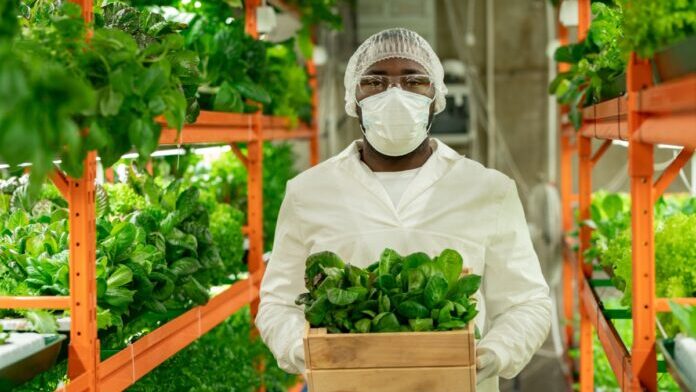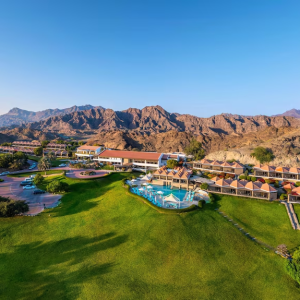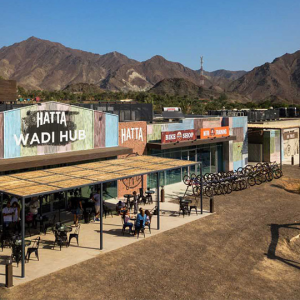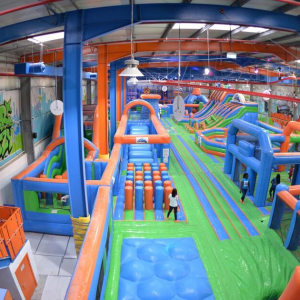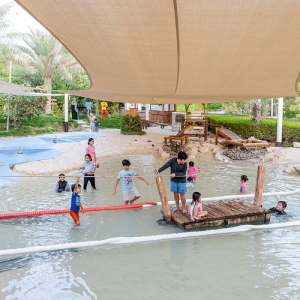The UAE, known for its arid climate and limited arable land, has taken significant strides in revolutionizing its agricultural sector. With increasing investments in agribusiness and the adoption of advanced vertical farming technologies, the nation is paving the way for sustainable food production.
In this article, we explore the latest trends in the UAE’s agribusiness landscape, focusing on how vertical farming is playing a crucial role in addressing food security challenges.
Why Agribusiness Is Thriving in the UAE
The UAE’s commitment to reducing its reliance on imported food is one of the primary reasons behind the growth of agribusiness. Currently, the country imports around 80-90% of its food. By investing in modern agricultural solutions, the government is working to increase domestic production and ensure food sustainability.

Key factors contributing to the growth of agribusiness in the UAE include:
- Government Support: Initiatives like the National Food Security Strategy 2051 aim to position the UAE as a global leader in food security.
- Technological Advancements: Adoption of precision agriculture, AI, and data analytics has optimized crop yield and resource management.
- Sustainability Goals: With limited water resources, innovations such as hydroponics and aeroponics are gaining momentum.
The Rise of Vertical Farming in the UAE
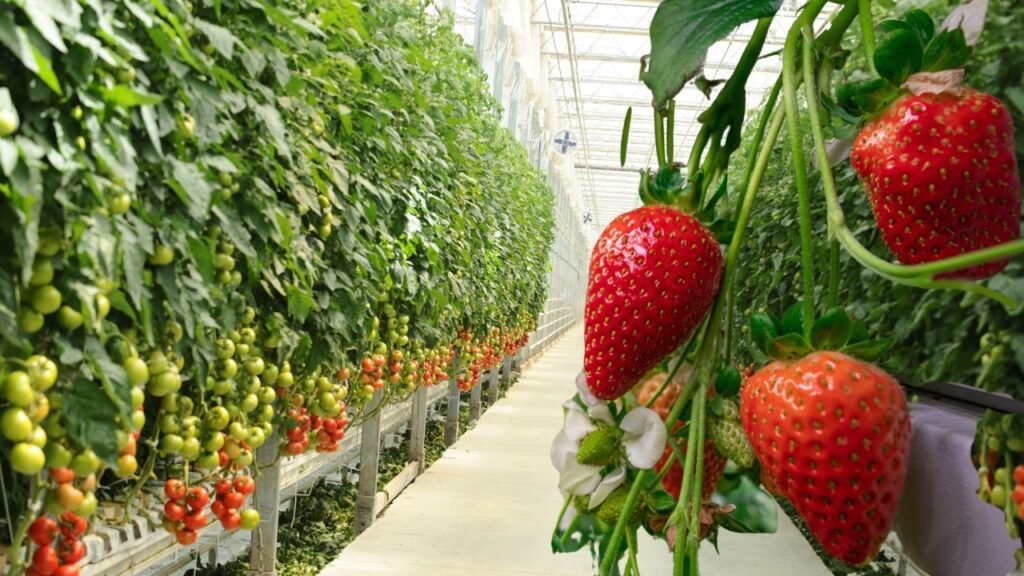
Vertical farming has emerged as a revolutionary solution to grow fresh produce in urban areas without requiring extensive land. This innovative method involves growing crops in stacked layers within controlled indoor environments. It uses significantly less water and eliminates the need for pesticides.

Key Vertical Farming Projects in the UAE
- Bustanica by Emirates Crop One
- Located near Al Maktoum International Airport, Bustanica is the world’s largest vertical farm.
- It produces over 1 million kilograms of leafy greens annually.
- The farm uses 95% less water than traditional agriculture.
- Badia Farms
- Dubai-based Badia Farms specializes in hydroponic technology to grow fresh produce.
- The farm supplies high-quality leafy greens to top restaurants and hotels.
- Pure Harvest Smart Farms
- One of the region’s leading agritech companies, Pure Harvest operates advanced greenhouses that maintain ideal growing conditions.
- Their produce includes tomatoes, strawberries, and leafy greens.
Advantages of Vertical Farming
- Efficient Use of Space: Vertical farms require less land, making them ideal for urban environments.
- Water Conservation: These farms use up to 90% less water than traditional farming.
- Reduced Carbon Footprint: Locally grown produce minimizes the need for long-haul transportation.
- Year-Round Production: Controlled environments allow continuous farming, regardless of external weather conditions.
Government Initiatives Supporting Agribusiness

The UAE government has launched numerous initiatives to support agribusiness and encourage investments in sustainable farming projects. Key programs include:
- AgTech Accelerator Programs: Startups in the agritech sector receive mentorship, funding, and access to advanced technologies.
- Incentives and Subsidies: The government offers financial support for projects that promote sustainable agricultural practices.
- Research and Development: Partnerships between public institutions and private enterprises drive innovation in agriculture.
Challenges and Future Prospects
Despite its progress, the UAE’s agribusiness sector faces some challenges:
- High Operational Costs: Establishing vertical farms requires significant capital investment.
- Energy Consumption: Maintaining controlled environments for crop growth consumes electricity.
- Limited Crop Variety: Vertical farms are currently best suited for leafy greens and herbs, with limited diversification.
To overcome these challenges, the UAE is exploring renewable energy solutions and expanding research into vertical farming for a wider variety of crops.
Conclusion
The UAE’s agribusiness sector is undergoing a transformative shift, with vertical farming playing a pivotal role in ensuring food security. Through government support, technological advancements, and sustainable practices, the country is reducing its dependence on food imports and promoting local production.
As vertical farming projects continue to grow, the UAE sets an inspiring example for other nations facing similar agricultural challenges. Investors, entrepreneurs, and agricultural innovators are encouraged to explore opportunities in this thriving sector.
Also read: DIFC and ADGM Explained: Why Investors Choose UAE’s Free Zones

